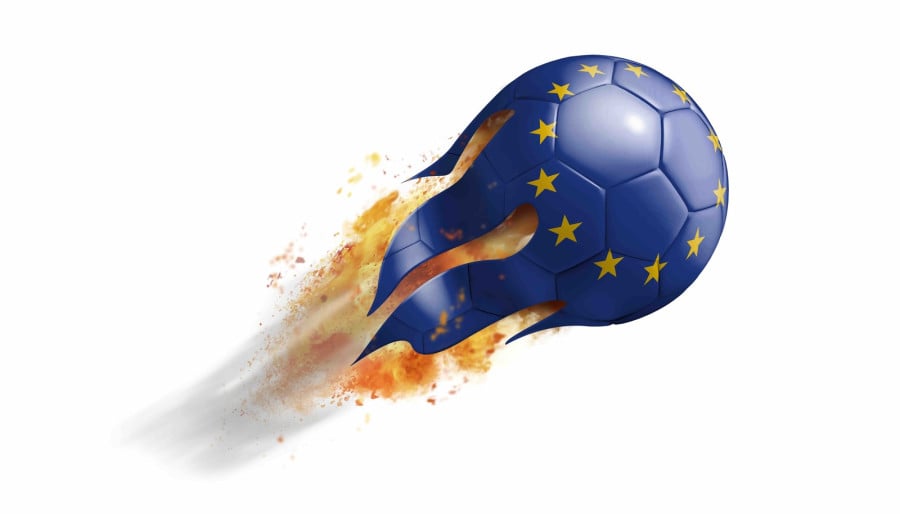A Guide To The EU Foreign Subsidies Regulation And What It Means For Sport

The apparent lack of interest, or the alleged difficulties, by football-governing bodies (with the recent exception of Manchester City’s referral for alleged breaches of Premier League financial rules[1]) in tackling the way state-owned clubs are operating in European football may soon change with the newly enacted Regulation on foreign (as in non-EU) subsidies distorting the internal market[2] (FSR).
Under the FSR, which applies equally to all sectors of the economy and all companies active in the EU, the Commission will (as of 12 July 2023) be able to launch investigations; while a notification obligation for mergers and acquisitions will apply from 12 October 2023.
The FSR has been conceived to supplement, or rather to close the gap in, the array of trade and competition law instruments available to date to foster the prosperity and resilience of the EU by ensuring that the Single Market remains strong, open and competitive. In the author’s view, by targeting foreign subsidies that could distort the internal market if an undertaking benefitting from them engages in an economic activity in the EU, the FSR is very likely to become a useful tool to address the ways that state-owned clubs may be distorting competition and preventing a level playing field in European football.
The FSR will enter into force in July 2023; with draft implementing regulations being consulted on from 6 February to 6 March[3], the publication of which is planned for the second quarter of 2023. This article examines the FSR and how it may apply to the sports sector:
- Purpose and scope
- Enforcement
- Investigative powers of the Commission
- What is regarded as a ‘foreign subsidy’?
- The tools at the disposal of the European Commission
- Application of the FSR: procedure, and substantive assessment
- The implementing regulation, and the guidelines for the substantive application of the FSR
- In the face of a finding that a foreign subsidy distorts the internal market, what are the measures available to the Commission?
- Entry into force, retrospective applicability, and maximum prescriptive periods
- How might the FSR affect the sports sector (and in particular football)?
To continue reading or watching login or register here
Already a member? Sign in
Get access to all of the expert analysis and commentary at LawInSport including articles, webinars, conference videos and podcast transcripts. Find out more here.
- Tags: EU Law | European Commission | European Union | Football | Regulation | Regulation On Foreign Subsidies Distorting The Internal Market
Related Articles
- State aid in European football: A review of the EC’s ruling on Real Madrid, FC Barcelona and Valencia CF
- State aid in Spanish football - EU General Court overrules European Commission on Barcelona and Real Madrid decisions
- State aid in Spanish football - EU General Court annuls European Commission decision on Valencia CF & Elche CF
- A Guide To How 'State Aid' Law Impacts European Sports Organisations
- How sports teams can avoid significant fines for public sector funding for stadium development
Written by
José Páez
José specializes in sports law, arbitration, and EU and competition law and is a partner at Nebot & Páez Abogados. He is qualified to practice in Spain and, having passed all the solicitors qualifying exam assessments, is applying to the SRA for admission to the roll of solicitors of England and Wales.




